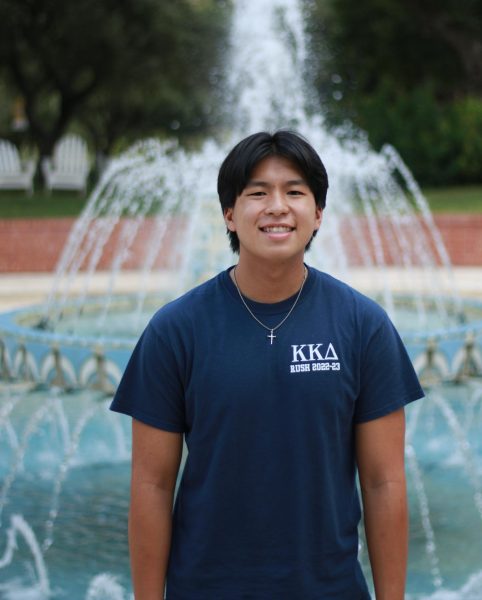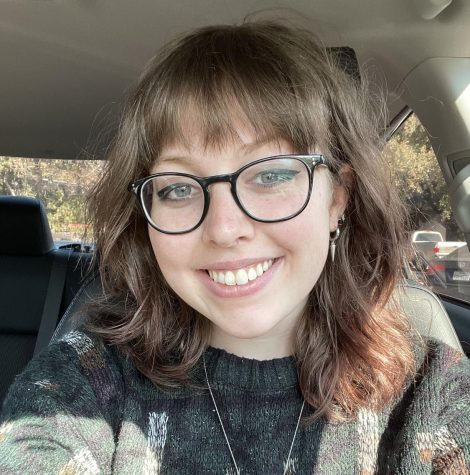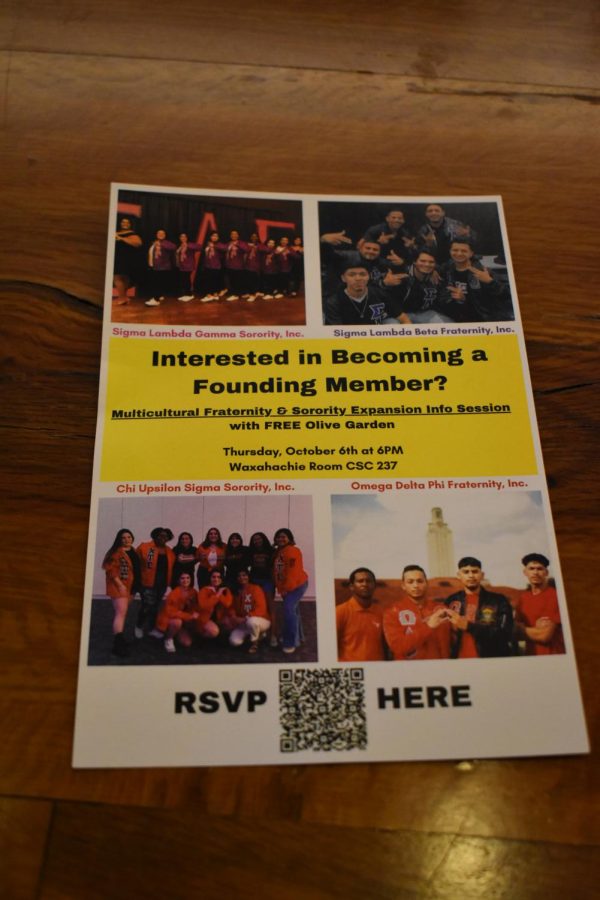Multicultural Greek life takes steps to come on campus
Breaking out of the “Trinity bubble” with historically Hispanic fraternities and sororities
Attending any four-year university in America is often accompanied by the opportunity to participate in Greek life, and Trinity University is no different. Since a quarter of the undergraduate population participates in fraternities and sororities, they remain a prominent facet of student life. With seven chapters for both fraternities and sororities, the university now looks to potentially increase its Greek life offerings.
Jimena Ibarra, junior English major, was interested in expanding the current Greek life chapters on campus this summer with multicultural organizations in mind. She contacted Wills Brown, assistant director for fraternity & sorority life, about the endeavor. He explained that the school had already established plans for the following academic year. Brown told Ibarra she could support the initiative by marketing the potential organizations in the coming months.
“That’s what I’ve been doing since the semester started, just kind of ramping it up for people to get excited about it,” Ibarra said.
Leading up to Oct. 6, Ibarra helped spearhead the spread of information regarding the first multicultural expansion information session. This event brought four national organizations to speak with students: two fraternities, Sigma Lambda Beta (@AlamoCityBetas) and Omega Delta Phi (@ctxodphi), and two sororities, Sigma Lambda Gamma (@sigmalambdagamma) and Chi Upsilon Sigma (@chiupsilonsigma).
Ibarra said she saw what these organizations could bring to the table for Trinity students. She detailed activities ranging from philanthropic fundraisers and volunteer work to socials with local campuses, like the University of Texas San Antonio (UTSA) and the University of the Incarnate Word (UIW), and regional conferences that bring school chapters from all over the country.
“[These organizations] would break the Trinity bubble because [students] would have to be working with schools like UTSA and UIW [who] already have these chapters. I think that this is one of the things that I’m most looking forward to. It’s getting students out there and giving them more opportunities,” Ibarra said.
The Trinity University Latino Association (TULA) has been involved in the movement to bring multicultural fraternities and sororities to campus. Adam Garza, junior neuroscience major and president of the TULA, focused on other opportunities these chapters could bring to Trinity.
With TULA’s mission of providing Latino students with a space to feel comfortable while also spreading awareness of Latino culture on campus, Garza said he sees these chapters as excellent opportunities for Hispanic students at Trinity and within the city.
“Oftentimes, Latinos feel disassociated from general Greek life, and I feel that this could create a greater opportunity for us to truly have our own thing at this point. A lot of times we felt excluded, but now is a time when we can have a historically Latino-based fraternity. We can essentially do what we want and have the ability and power to show what we’re about. We want to express our Latino culture and we want to show the community that we are there for them,” Garza said.
The four organizations at the information session were able to split off and address their specific demographics. As Ibarra described it, “the dinner [was] them trying to convince us that they are good enough for our school and to be started here.”
Each chapter went over its mission statement and what it saw from the opportunities at Trinity, detailing how it would interact with students and the community. With each organization, the presenters explained that brother and sister chapters from schools such as UIW and UTSA would assist in getting a potential Trinity chapter on its feet. This provides an opportunity for socializing in a way unique to Greek life already on campus. Brown and the university look to send out a feedback survey to scope out the next steps of the expansion project.
Despite being considered historically Hispanic, these organizations ensured attendees that their chapters aimed to be multicultural, welcoming individuals from all backgrounds. While they may have new traditions and practices for the school, the prospect of these associations being founding chapters means that founding members can shape how these groups develop at Trinity.
Both Ibarra and Garza saw the potential future of these organizations at Trinity as a way for the student body to break away from the “Trinity bubble.” The opportunities presented by these groups could provide a unique perspective on the Greek life community that individuals such as Ibarra and Garza look to support and help bring to campus.

My name is Joshua Mitra and I'm a sophomore planning to double major in political science and communications. I'm from Boise, Idaho and use he/him pronouns....

My name is Claire Sammons and I am an Anthropology and Communications double major. I have worked for the Trinitonian since fall of 2020. I became a photographer...

